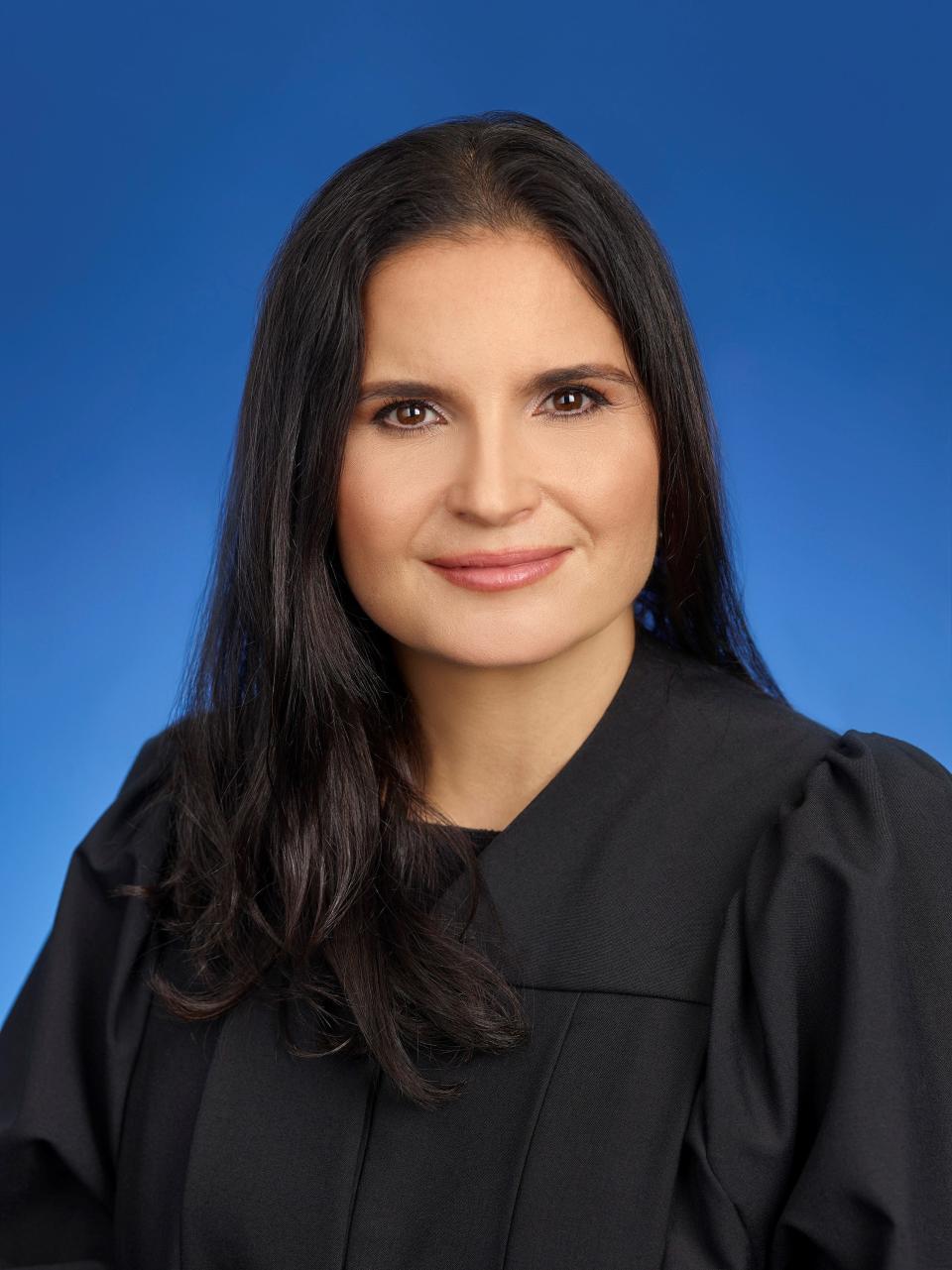Judge in Trump classified documents case rejected chief judge's suggestion to step aside: NYT
The judge in Donald Trump's classified documents case rejected suggestions from two other judges to step aside when the case was first assigned to her, according to a New York Times report.
The suggestions to Judge Aileen Cannon came in two phone calls from her judicial colleagues, including one from Southern District of Florida Chief Judge Cecilia Altonaga, according to the report, which cited two sources who spoke on the condition of anonymity.
Cannon, who was nominated by Trump for her current role, has come under fire from Trump critics after indefinitely delaying a trial in the case, effectively guaranteeing Trump won't face a verdict in the case before the 2024 presidential election. If Trump becomes president, he could order the Justice Department to drop the federal case.

Trump is criminally charged in the case with mishandling classified documents. Cannon and the Justice Department didn't immediately respond to requests for comment. Trump lawyer Todd Blanche declined to comment.
Cannon rulings under fire
Trump critics have also lambasted a ruling Cannon made during the criminal investigation that was helpful to Trump, but ultimately reversed by a panel of three appellate judges who were all nominated by Republican presidents. Cannon temporarily blocked investigators from examining seized documents while a special master reviewed Trump's claims that the documents were privileged.
Cannon acknowledged she was giving Trump special consideration compared to other defendants, writing in a September, 2022 order that "the investigation and treatment of a former president is of unique interest to the general public." The appeals court judges characterized that ruling as "a radical reordering of our caselaw limiting the federal courts’ involvement in criminal investigations" and a violation of "bedrock separation-of-powers limitations."
Cannon also asked prosecutors and Trump's defense team to weigh in on potential instructions she would give to a future jury that legal experts said would amount to dismissing the case against Trump.

The instructions would state that a president has sole authority to declare that records are personal rather than presidential, and that courts and juries can't review that categorization. Trump has argued that courts can't review his decisions on what records are personal ones he can keep, as opposed to presidential ones he needed to give to the National Archives.
Calls from fellow judges
One of the judges who reached out to Cannon – a judge who wasn't named – suggested that someone presiding over a courtroom closer to the Miami courthouse where a grand jury indicted Trump would be better for the case, according to the New York Times report.
After that call failed to persuade Cannon to step aside, Altonaga – a George W. Bush appointee – reached out to Cannon, according to the report. Altonaga said it would look bad for Cannon to oversee the trial because of the controversy surrounding her later-overturned decision to have a special master review what documents investigators could look at in the process that ultimately led to the charges.
Contributing: Bart Jansen
This article originally appeared on USA TODAY: Trump judge rejected suggestions to pass on criminal documents case: NYT
